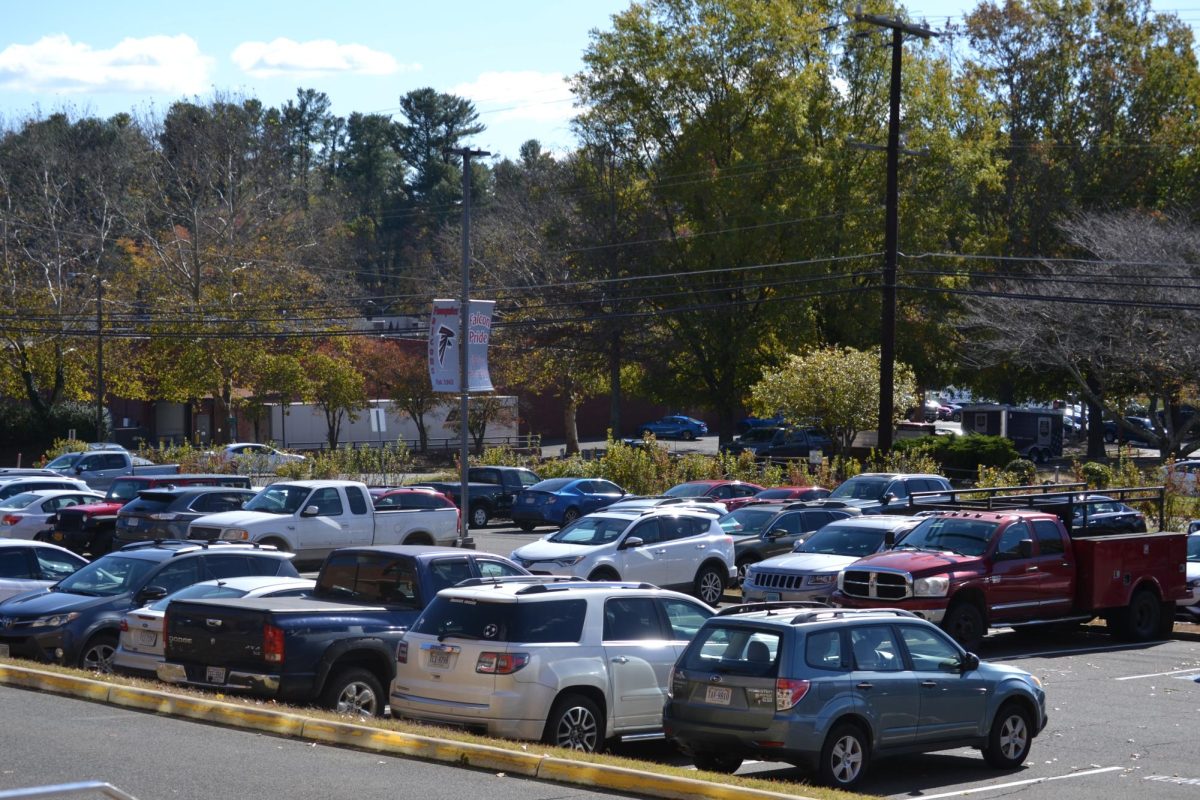The college admissions process is notoriously stressful for high school seniors, though a particular beast of bureaucracy seems to have always given students the most difficulty: financial aid. Finding the right resources to help pay for college, the cost of which is expected only to continue to rise, has always frustrated both students and parents alike. As a result, Congress passed the FAFSA Simplification Act, in an attempt to simplify the process of filling out the Free Application for Federal Student Aid (FAFSA). But the rollout of these changes, which started this year, have caused mass chaos across the nation, causing massive delays in financial aid decisions that have put a strain on the higher education admissions process. Counseling Director Mark Bjorkman said the entire financial aid process has been “a total disaster this year.”
The Department of Education has referred to their changes as “The Better FAFSA” and wrote they are making “transformational changes” and that the process was “simple and streamlined” in a bulletin. “[The government is] using the term ‘simplified,’ but it hasn’t really been a simplified experience for a lot of people,” said FHS career coach Holly Schoenhoff, who has an extensive background in financial aid and has worked in the aid department of multiple institutions, including Virginia Tech. Schoenhoff stated the delays were a result of “last-minute changes” in the formula used to calculate financial aid. These last-minute fixes made billions in additional aid available for students, but also created a backup of millions of applications nationwide.
As a result of the new legislation, students will no longer receive an “expected financial contribution” (EFC) number, but a “Student Aid Index” (SAI) number. However, this new index has also faced criticism for making questionable aid decisions. Bjorkman pointed to a few cases he was aware of where he felt that a student received less financial aid then they would have in other years, though couldn’t comment on specifics.
And these changes haven’t affected everyone equally, as students of immigrant parents have faced some of the most difficult processes of all. Senior Vanessa Gutierrez’s parents do not have social security numbers, and were “totally locked out of the FAFSA form for over a month,” substantially delaying her results for financial aid. The U.S. Department of Education wrote in a statement that they fixed the issue and are “committed to ensuring that all students and families, regardless of their background can equitably access the FAFSA form.”
As a result, many colleges have pushed back their decision days towards the middle of May, breaking the typical standard and giving students extra time to decide. However, even this hasn’t been enough for some. “The sad part is, a lot of students depend on financial aid in order to go to college,” said Bjorkman. However, progress has slowly but surely been made, as more and more students begin to receive aid offers. Schoenhoff said the “‘traffic jam’ is beginning to clear.” U.S. Undersecretary of Education James Kvaal wrote, “After the progress we’ve made in recent weeks, we are now processing FAFSA forms quickly and accurately, and many schools are sending out financial aid offers.”







